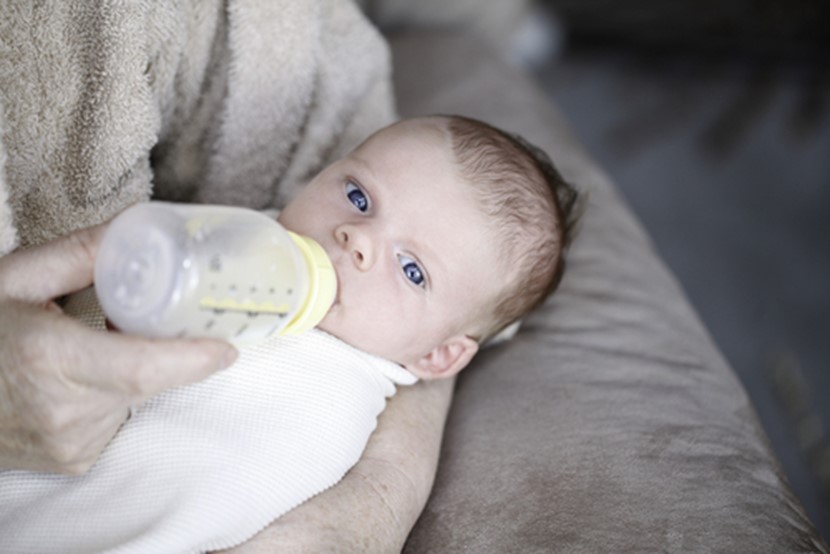Who does the night shift?

Mother of three Pippa Henderson looks back on her broken nights and revisits the issue of whose turn it is to get up when duty calls.
Sleep deprivation can be torturous. I remember long nights of delirium in the early days of my daughter’s life, and once, while hurtling through the darkness towards the cries of my newborn son, I ran clean into a wall. That was actually a funny accident, despite the pain – and I was grateful for the laughter that then kept me awake as I breastfed – but generally speaking, being woken repetitively in the night is no laughing matter, and we can quickly find ourselves in a place of desperation.
For most couples the game plan for the night shift often comes down to the age or need of the child, and which partner is ‘working’ the following day. Obviously a breastfed infant needs the parent with the breast, and it’s unsafe to expect a builder, for example, who works with heavy machinery to compromise his concentration on the job by going to work on a few hours sleep. But there are counter-arguments. Is it safe for a mother in charge of tiny humans to be so sleep deprived she fears for her sanity? These are big questions, and ultimately every family needs to work out what works best for them, but it’s always worth considering ways to make the job of the parent on night shift more sustainable.
Sometimes it’s a huge relief for the ‘night shifter’ just to have one or two unbroken nights sleep in their sights. Many couples make an agreement that working parents are off the hook Sunday night through to Thursday night, but Friday and Saturday nights it’s their turn, using expressed milk to settle the baby if necessary. But as baby gets older arrangements can change. Both parents may well be working during the day, and a ‘night about’ arrangement may come into play. For me, the relief from the night shift finally came when we decided to wean our baby off all night feeds. It then made perfect sense for my husband to be the one to do the resettling, as he couldn’t be tempted to just give up and breastfeed the way that I was. It seemed fairer on our baby too, not to see and smell the source of milk but be denied it. So during this phase, by mutual agreement, I heard cries in the night, rolled over, and went back to sleep. It felt like the ultimate luxury. But to be honest, as time moved on and weaning was no longer an issue, there were times when no mutual agreement had been made, and I still rolled over and played dead.
Emotions are raw at night. Boundary lines blur, and there’s a tendency to choose sleep at any cost. Our advice is to grapple with the night shift issue in the plain light of day. Without these frank discussions we can slip into default mode. One partner can be left silently simmering over a pattern that feels less than fair, or both partners can end up resorting to child-like bickering between the sheets: “You get up!” “No you get up!” “No you!”
Whatever agreement you come to, it’s worth doing whatever you can to make up for the precious sleep night shift worker missed out on. If the night shifter is a breastfeeding mum, consider a feed-only day on the weekend, when the only childcare mum is responsible for breastfeeding. And for those unavoidable dead of night sessions with babe-in-arms, keep them as short and sweet as possible with a warm dressing gown, a quick and simple swaddle system, and a great novel, so you’ve got something to look forward to. My sister-in-law, a mother of four, redeemed her night shifts by slowly making her way through the complete works of Jane Austen.

